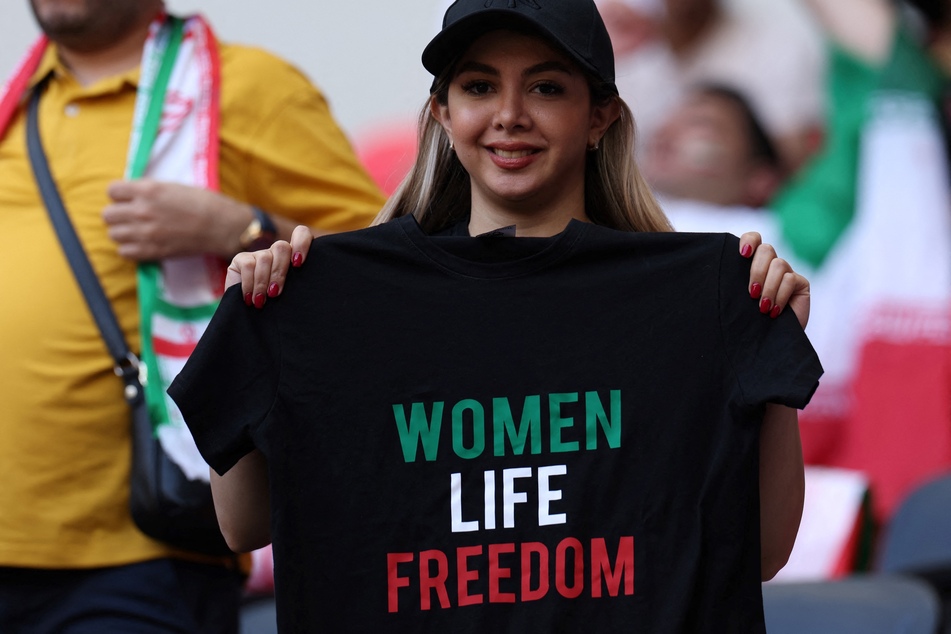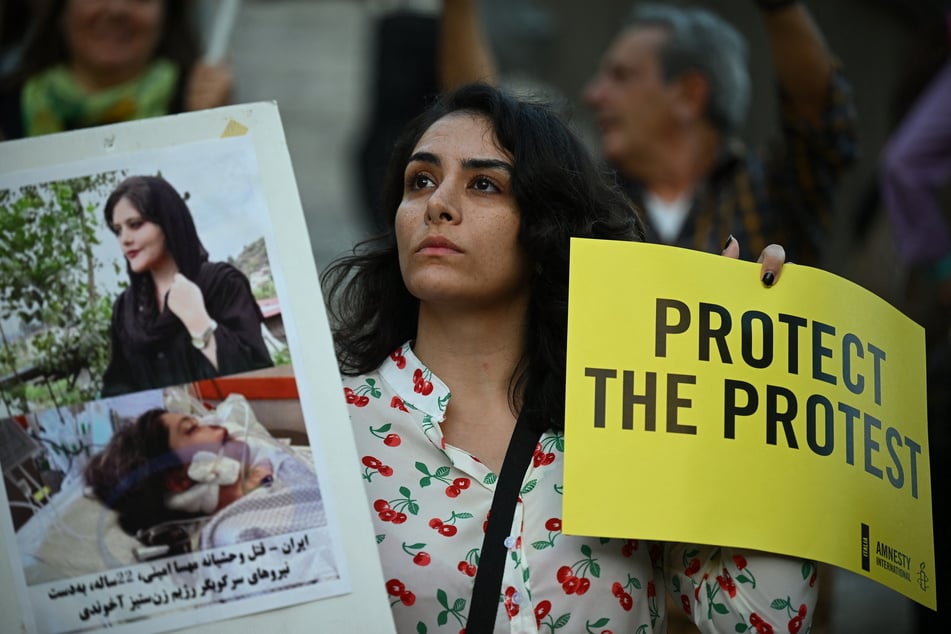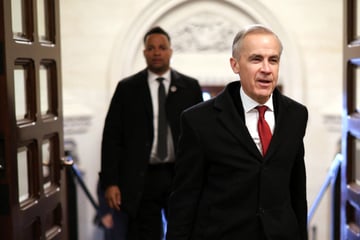Iranian president distances morality police in response to protests, activists call it "disinformation"
Tehran, Iran - The Iranian leadership has reportedly disbanded the morality police, local media reported as President Ebrahim Raisi held an emergency meeting in parliament in response to mass protests in the country. However, some are calling the announcement "disinformation."

The morality police, responsible for enforcing the Islamic dress code for women, has allegedly been dissolved, "but the judicial authority will continue to deal with this social challenge," Iran's attorney general told the Shargh newspaper.
Mohammed Jafar Montazeri provided no details on the circumstances or implementation of the decision.
Nationwide protests, triggered by an arrest by the morality police, have been building in Iran for more than two months.
A 22-year-old Iranian Kurdish woman, Mahsa Amini, was arrested in mid-September for violating the Islamic dress code. A few strands of hair were said to have fallen from under her headscarf, also known as a hijab.
Amini died in police custody just days after her arrest, triggering protests throughout the country against the regime.
In another sign of growing alarm on the part of authorities in response to the protest movement, Raisi met with ministers privately in the capital's parliament, according to the ISNA news agency. The report said the agenda of the meeting included the latest developments in the country, but gave no further provided.
While there was speculation that the meeting may cover the demands of demonstrators, observers did not have high expectations. Among other things, protestors' demands include the lifting of the headscarf mandate, as well as either new elections or a referendum on the structure of the country's political system.
President Raisi has repeatedly said that Iran is tolerant of criticism, but not of foreign-controlled riots, as he describes them.
Iran has continued to blame the West for the protests, which have been met with violence by authorities.
Activists question the legitimacy of the morality police's disbandment

Regime critics reacted apprehensively to the announcement that the morality police had been disbanded. The problem is not the morality police, but the headscarf requirement, one Persian activist tweeted. "Women must be able to move freely without headscarves," he said, noting that this would be "only the first step."
Yet, others called the announcement of an end to the morality police as "disinformation," with Iranian journalist Masih Alinejad tweeting: "It’s disinformation that [the] Islamic Republic of Iran has abolished its morality police. It’s a tactic to stop the uprising. Protesters are not facing guns and bullets to abolish morality police or forced hijab.They want to end Islamic regime."
Observers say that while the alleged dissolution of the morality police does not mean an end to the headscarf mandate, it does represent a significant step in the success of the women's movement in Iran.
According to Islamic laws, all women must wear hijabs in public, in addition to a long, loose layer to cover their body shape.
Especially in big cities, women have increasingly protested the dress code since the uprising.
This law has been in place for over 40 years in order to "save the country and the people from the Western cultural invasion," according to the government.
Human rights organizations estimate that since the outbreak of protests, 60 authorities and 410 protesters including 64 children have died.
The official figures on this are contradictory. Iran's security council claims 200 have died, while the revolutionary guard reports 300 dead.
Thousands have been arrested over the last two months as well, including students, journalists, athletes and artists. Some demonstrators have been sentenced to death.
Further protests are planned throughout the country starting on Monday. Opposition sources also report plans for strikes.
Cover photo: FADEL SENNA / AFP

